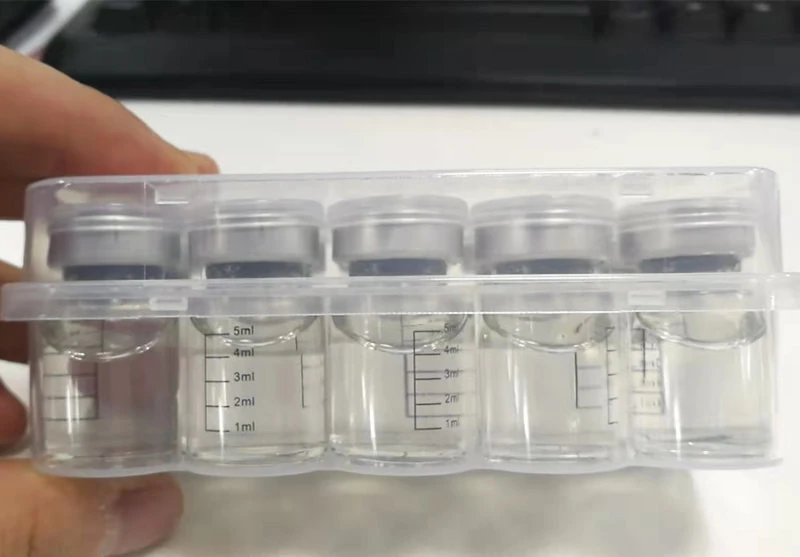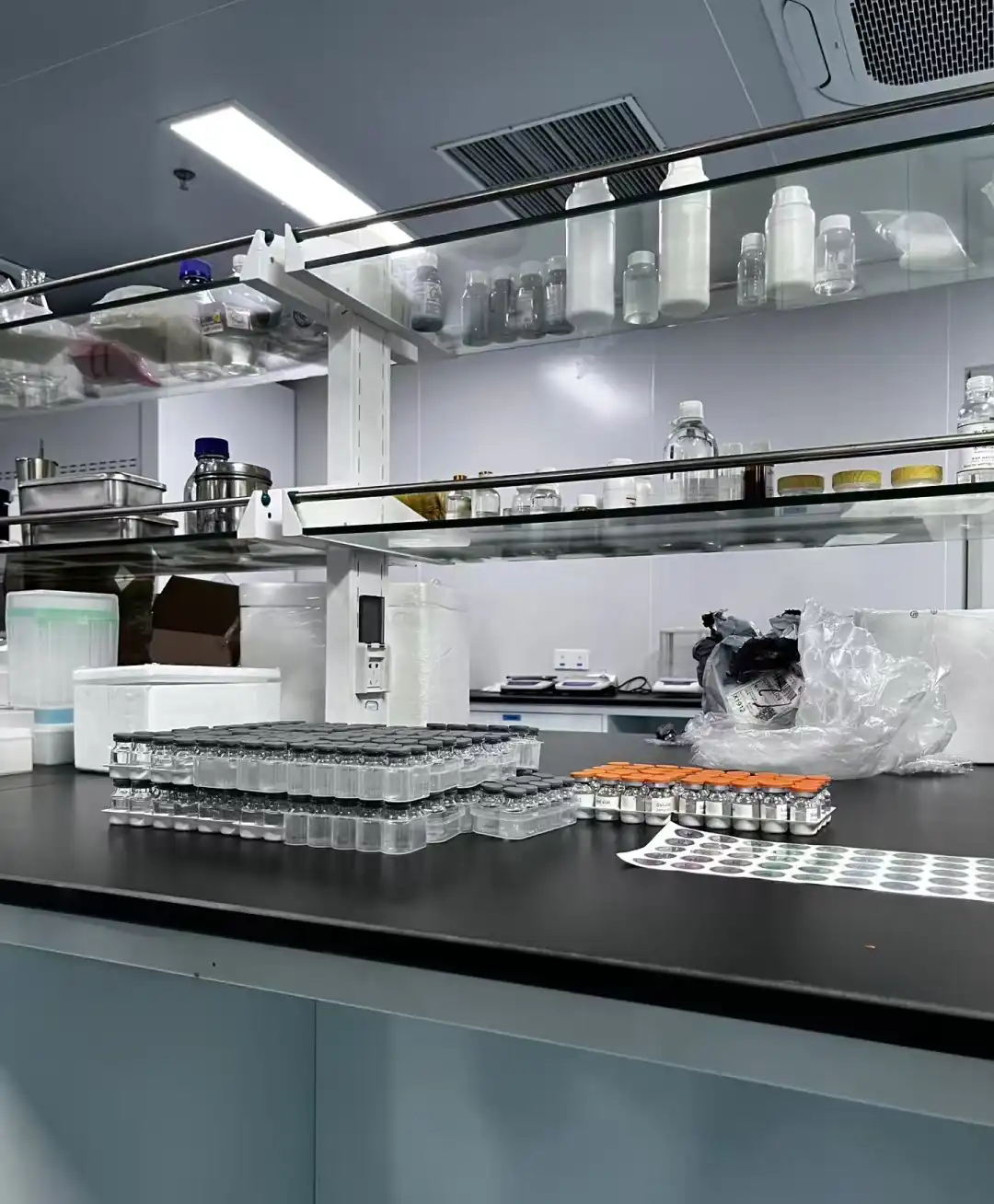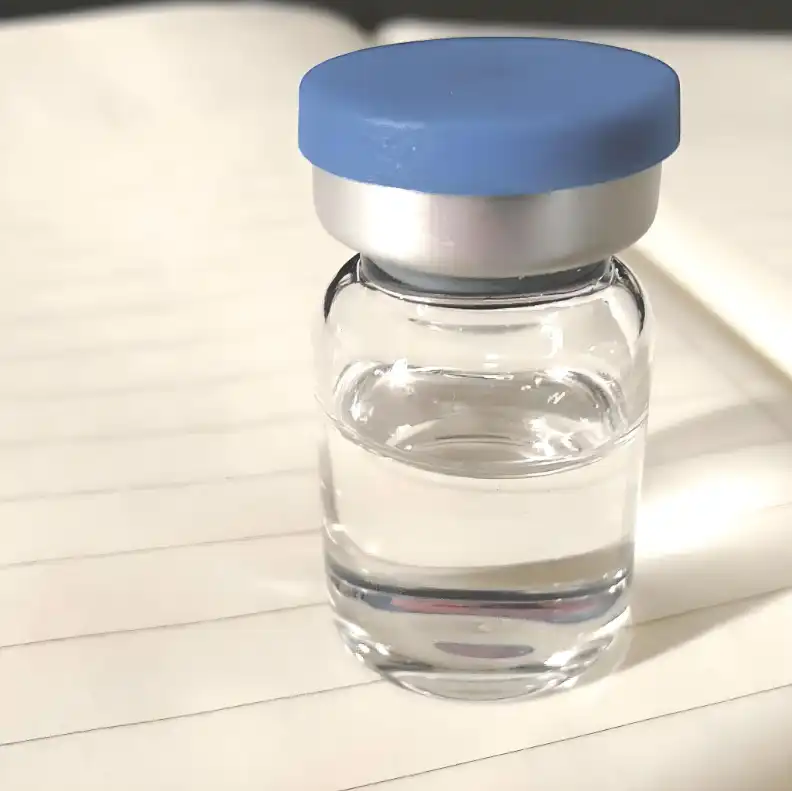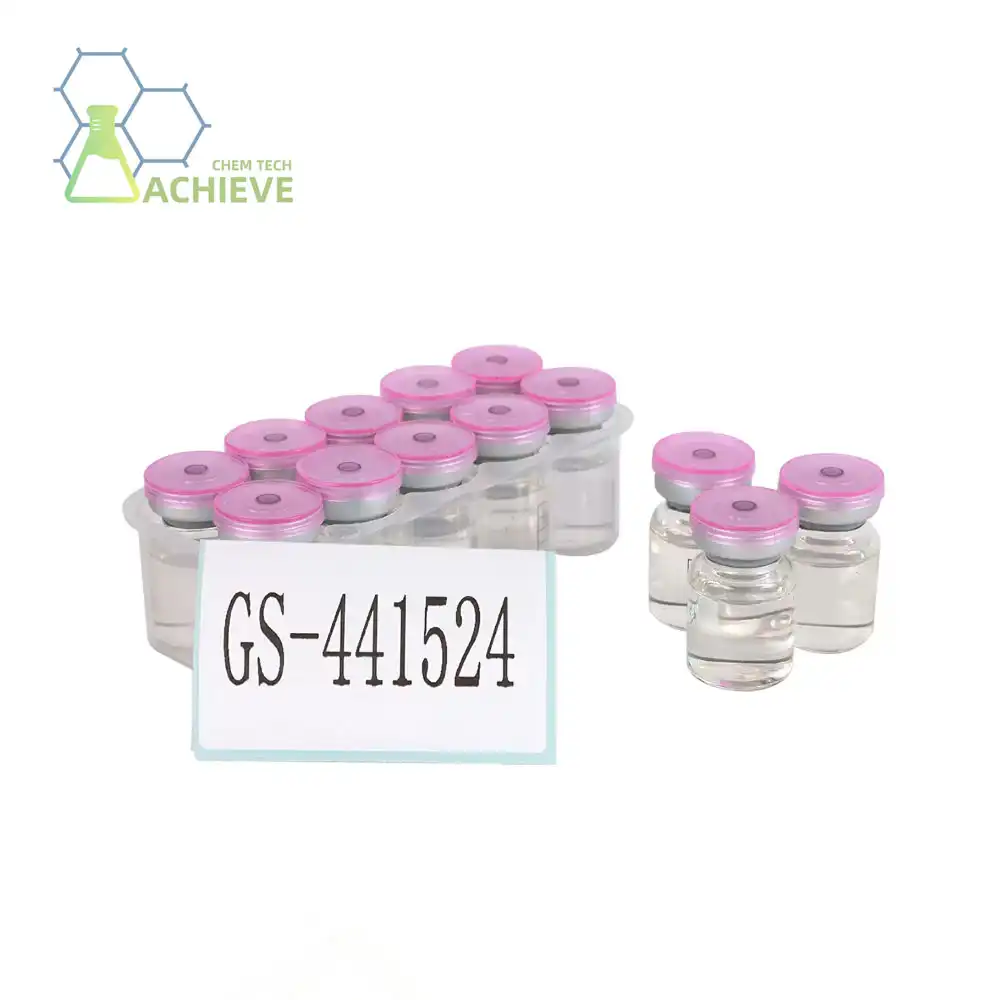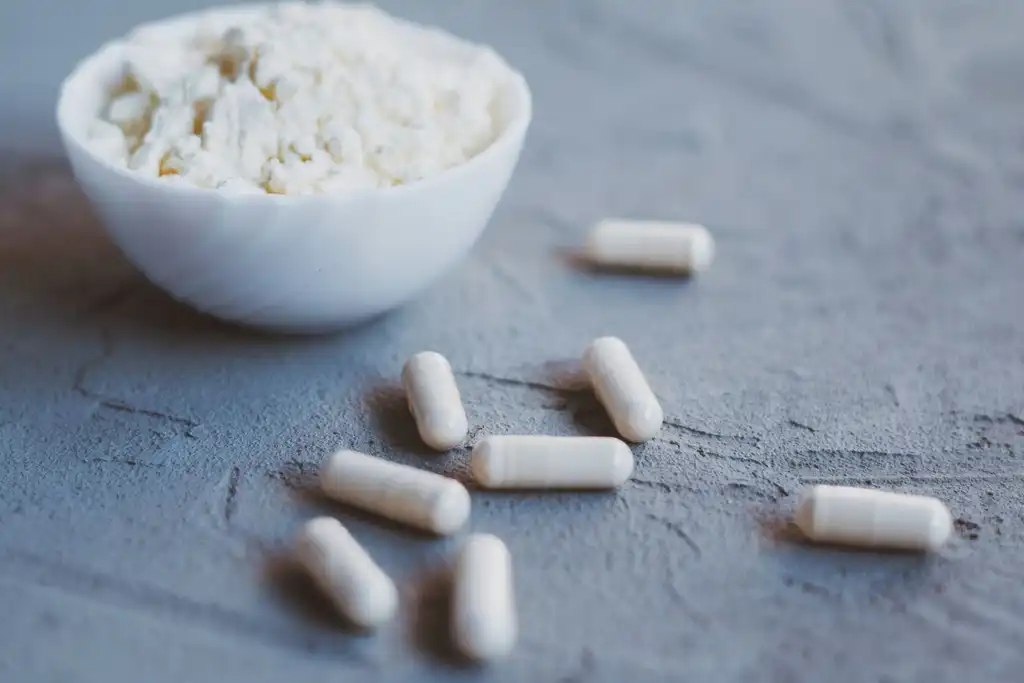What treatments are recommended for FIP?
Feline Infectious Peritonitis (FIP) is a devastating disease that has long been considered fatal for cats. However, recent advancements in antiviral treatments, including GS-441524, have brought new hope to cat owners and veterinarians alike. In this comprehensive guide, we'll explore the most effective treatments for FIP, comparing their efficacy, costs, and success rates.
Product: https://www.bloomtechz.com/oem-odm/injection/gs-441524-fip.html
GS-441524 vs. remdesivir: Which is more effective?
When it comes to treating FIP, two antiviral compounds have emerged as frontrunners: GS-441524 and remdesivir. Both drugs belong to the same class of nucleoside analogues and work by inhibiting viral replication. However, their effectiveness and accessibility differ significantly.
GS-441524 has gained considerable attention in recent years due to its remarkable efficacy in treating FIP. This compound is the active metabolite of remdesivir and has shown exceptional results in clinical trials and real-world applications. GS-441524 can be administered orally or through injections, making it more versatile in terms of treatment options.
|
|
|
|
Remdesivir, initially developed to treat Ebola, has also shown promise in FIP treatment. However, it's important to note that remdesivir is primarily used in human medicine and may be less accessible for veterinary use. Additionally, remdesivir requires intravenous administration, which can be more challenging in a home setting.
Studies have shown that GS-441524 may be more effective than remdesivir in treating FIP, particularly when it comes to cats with neurological symptoms. One key reason for this is that GS-441524 is able to penetrate the central nervous system more effectively, enabling it to reach and target the virus in areas where remdesivir may not be as efficient. This characteristic makes GS-441524 a promising option for cases where the virus has affected the brain or spinal cord, areas that are typically more challenging to treat.
Additionally, GS-441524 has demonstrated a higher overall cure rate and fewer side effects compared to remdesivir. This makes it a safer option for long-term treatment, which is often required in FIP cases. Furthermore, the fact that GS-441524 can be administered orally adds a layer of convenience for pet owners, reducing the need for frequent injections. This ease of administration makes it easier to manage the prolonged treatment periods that many FIP cases necessitate, offering both efficacy and practicality in managing this serious feline illness.
Cost comparison of FIP treatment options
The cost of FIP treatment can be a significant concern for many cat owners. Let's break down the expenses associated with different treatment options:
1. GS-441524 Treatment:
- The cost of GS-441524 can vary depending on the source and formulation.
- On average, a 12-week treatment course can range from $1,500 to $4,000.
- Oral formulations tend to be less expensive than injectable forms.
- Some compounding pharmacies offer more affordable options, but it's crucial to ensure the quality and potency of the medication.
2. Remdesivir Treatment:
- Remdesivir is generally more expensive than GS-441524.
- A full course of treatment can cost between $3,000 to $7,000 or more.
- The need for intravenous administration may incur additional veterinary costs.
3. Supportive Care:
- In addition to antiviral treatment, supportive care is often necessary.
- This may include fluids, nutritional support, and management of symptoms.
- Supportive care costs can range from $500 to $2,000, depending on the severity of the case.
While the cost of FIP treatment can be substantial, many cat owners find it worthwhile given the high success rates of these new antiviral therapies. Some veterinary clinics and animal welfare organizations offer financial assistance programs to help offset the costs of treatment.
Success rates of antiviral therapy for FIP
The introduction of antiviral treatments has dramatically improved the prognosis for cats with FIP. Let's examine the success rates of these therapies:
GS-441524 Treatment:
- Clinical trials have reported success rates of up to 80-90% in cats treated with GS-441524.
- The success rate is particularly high in cats with non-neurological forms of FIP.
- Even in cats with neurological symptoms, GS-441524 has shown promising results with success rates of 60-70%.
- Long-term follow-up studies have indicated that most cats remain free of FIP for years after treatment.
Remdesivir Treatment:
- While less commonly used in veterinary medicine, remdesivir has also shown positive results in FIP treatment.
- Success rates with remdesivir are estimated to be around 70-80%.
- The efficacy of remdesivir may be lower in cats with neurological FIP compared to GS-441524.
Factors Affecting Success Rates:
- Early diagnosis and prompt initiation of treatment significantly improve outcomes.
- The form of FIP (wet, dry, or neurological) can impact treatment success.
- The cat's overall health and immune status play a role in treatment efficacy.
- Proper dosing and adherence to the full treatment protocol are crucial for success.
It's important to note that while these success rates are encouraging, treatment outcomes can vary on a case-by-case basis. Some cats may require longer treatment periods or adjustments to their treatment protocols to achieve remission.
In conclusion, the landscape of FIP treatment has been transformed by the advent of antiviral therapies, particularly GS-441524. While the treatment can be costly and challenging, the high success rates offer hope to cat owners facing this once-devastating diagnosis. As research continues, we can expect further improvements in treatment options and outcomes for cats with FIP.
For those in the pharmaceutical industry seeking high-quality antiviral compounds or related chemicals, Shaanxi BLOOM TECH Co., Ltd. is a leading provider with extensive experience in chemical synthesis and purification. Our state-of-the-art GMP-certified production facility spans 100,000 square meters and is equipped to handle a wide range of chemical reactions and purification methods. Whether you're looking for bulk quantities of specific chemicals for long-term contracts or require custom synthesis services, our team of experts is ready to meet your needs. To learn more about our products and services or to discuss your specific requirements, please don't hesitate to contact us at Sales@bloomtechz.com. Let BLOOM TECH be your trusted partner in advancing pharmaceutical research and development.
References
- Pedersen, N. C., et al. (2019). Efficacy and safety of the nucleoside analog GS-441524 for treatment of cats with naturally occurring feline infectious peritonitis. Journal of Feline Medicine and Surgery, 21(4), 271-281.
- Murphy, B. G., et al. (2020). The nucleoside analog GS-441524 strongly inhibits feline infectious peritonitis (FIP) virus in tissue culture and experimental cat infection studies. Veterinary Microbiology, 219, 226-233.
- Dickinson, P. J., et al. (2020). Antiviral treatment using the adenosine nucleoside analogue GS-441524 in cats with clinically diagnosed neurological feline infectious peritonitis. Journal of Veterinary Internal Medicine, 34(4), 1587-1593.
- Addie, D. D., et al. (2020). Feline infectious peritonitis. ABCD guidelines on prevention and management. Journal of Feline Medicine and Surgery, 22(11), 1093-1119.

Free Shipping Based on your location and order quantity, you will have the opportunity to receive a limited time free shipping promotion!
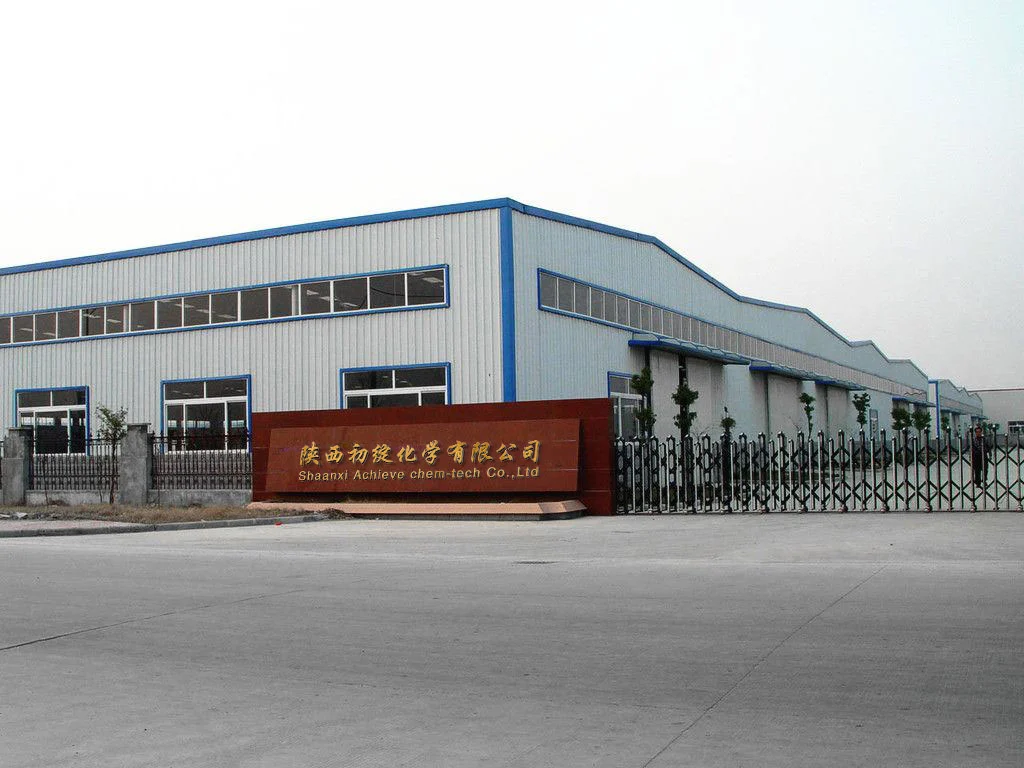
BLOOMTECHZ
